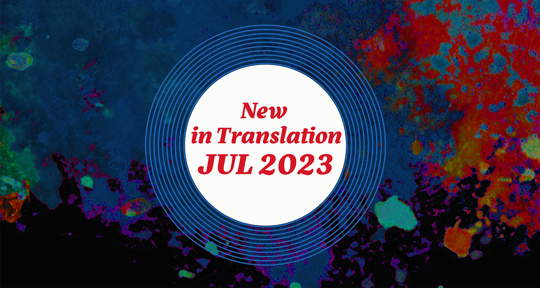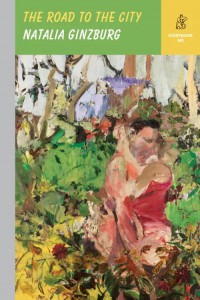This week, our Editors-at-Large report on the latest in literary news from the Philippines, Bulgaria, and India. From an open submission call for Filipino literature in translation, to a controversial AI-focused poetry competition in Bulgaria and a series of award-winning Indian titles, read on to learn more.
Alton Melvar M Dapanas, Editor-at-Large, reporting from the Philippines
Kritika Kultura, a scholarly journal of literary, language, and cultural studies published semi-annually by Ateneo de Manila University is now welcoming submissions for a Special Literary Section on Filipino Literature in Translation. Placing particular emphasis on literary translations from nearly two hundred Philippine languages into English, this special literary section will cast a critical light on the often-unseen compromises and negotiations involved in bringing these works to the Anglosphere.
Guest-edited by translator, poet, and scholar Dr Christian Jil Benitez, the folio seeks to offer more than translation. ‘The special literary section aims to show the variety of ways translators from Philippine languages mediate Filipino literature with the Anglophone world linguistically, culturally, and even institutionally,’ he said.





